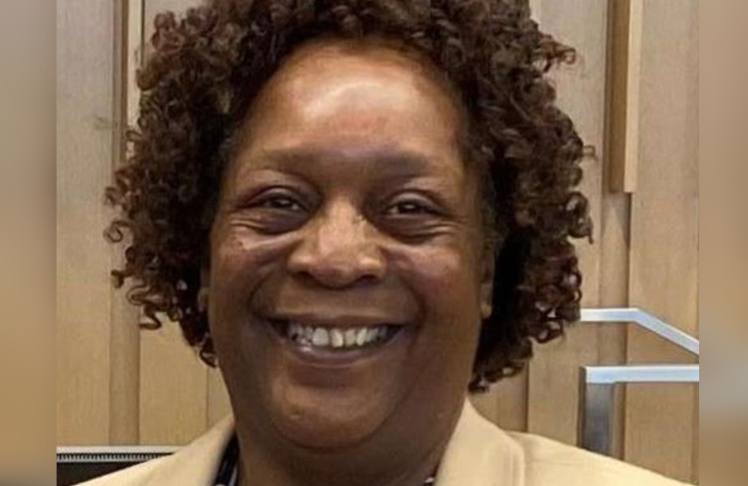
Gas station incident leaves woman $1million dollars richer. A gas station attendant in Beaverton, OR told an African American woman, Rose Wakefield, who needed service, “I don’t serve Black people.” Nigel Powers ignored her and instead pumped gas for other drivers. Laws in Portland, Oregon, including its suburb Beaverton, require attendants to pump gas for customers.
When she tried to ask for assistance he said, “I’ll get to you when I feel like it.” Wakefield saw Powers serve others before her as she then went on to another attendant and as Wakefield was leaving, Powers told her, “I don’t serve Black people,” and laughed in her face. Greg and Jason Kafoury of the Portland firm Kafoury & McDougal represented Wakefield.
The civil trial, which went on for four days, ended last week. A jury found Wakefield was racially discriminated against and awarded her $1 million dollars in damages. “I didn’t want this to happen to anyone else,” she said. “It was a terrible scene, and no one should have to go through nothing like that.”
Rose Wakefields attorney, Gregory Kafoury reported following the racist interaction, she wanted to reach upper management within Jacksons Food Stores to complain. Her complaints were not taken seriously or even properly recorded. One of her calls was not recorded and a message she left for the regional manager was erased. He argued to the jury that the defendants’ complaint system was meant to conceal evidence of wrongdoing, rather than investigate it.
The president of Jacksons Food Stores:
“At Jacksons, we have a zero-tolerance policy for discrimination of any kind. We serve everyone; this is core to our people mission and our policies and something we are committed to acting upon every day. We provide multiple trainings to our employees — the lifeblood of our company — throughout the year so they can best serve all of our customers with dignity and respect. We want to provide a safe shopping experience for all people and take equity very seriously. After carefully reviewing all facts and evidence, including video surveillance, we chose to take this matter to trial because we were comfortable based on our knowledge that the service-related concern actually reported by the customer was investigated and promptly addressed. As such, we respectfully disagree with the jury’s ruling because our knowledge does not align with the verdict.”















